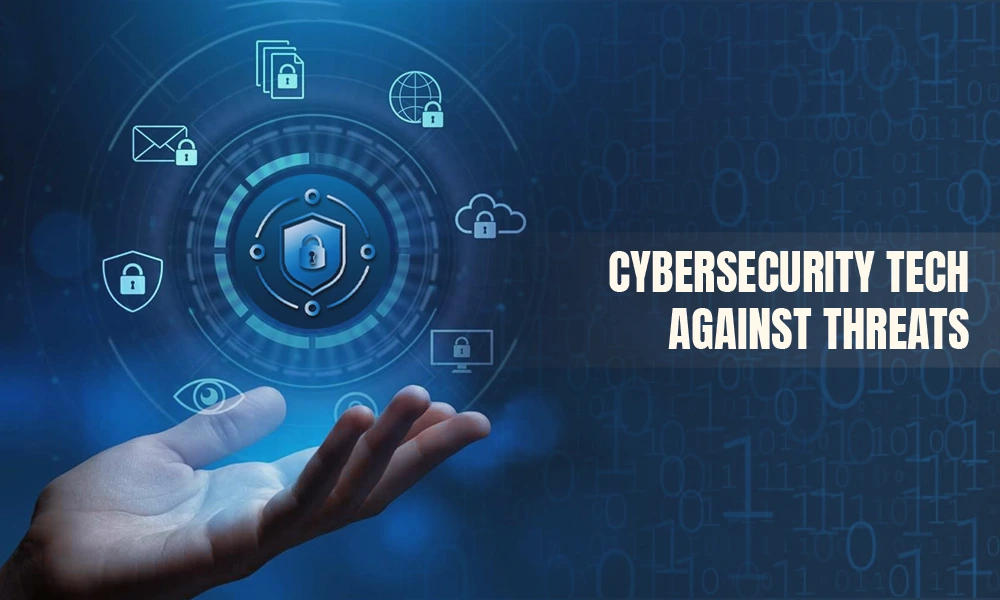Cybersecurity in Online Gambling: Safeguarding Players and Platforms from Threats

“It takes 20 years to build a reputation and a few minutes of cyber-incidents to ruin it”
- Stephane Nappo
(Head Information Security for Société Générale International)
Did you know?
Nearly 236 million ransomware attacks occurred worldwide only in the first half of 2022, and 1 out of 2 American internet users had faced data breaches in the very same year.
Doesn’t it tell a scary story?
That’s how easy it is to scam people online and how widely it is happening around the world. it becomes terrifying when it comes to the online gambling industry as it is witnessing tremendous technological advancements, it also engenders cybersecurity concerns.
A secure and trustworthy online gambling environment is paramount to safeguard players and platforms from potential cyber threats.
So, in this read, we will delve into the significance of cybersecurity and how you can safeguard yourself.
Let’s start!
The Growing Significance of Cybersecurity in Online Gambling
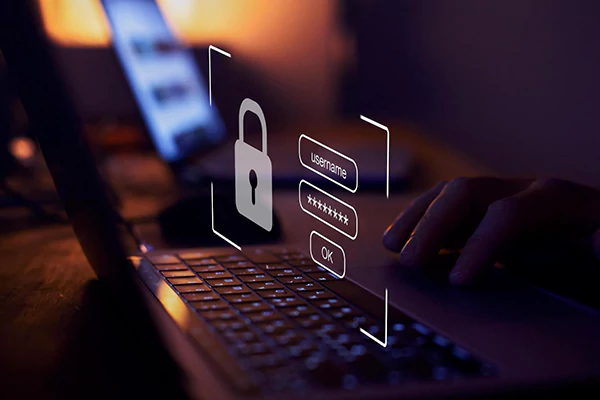
As the popularity of online gambling grows so does the number of cyberattacks as these platforms consist of the valuable data of the players such as their personal and financial details.
Cyberattacks can cause significant harm to the reputation of online betting sites, resulting in a loss of customers’ funds along with their trust. it can also lead to heavy financial losses for the players, as these platforms consist of your financial details.
Thus, Cybersecurity has become a major concern for both online gambling platforms and players alike, necessitating vigorous benchmarks to mitigate cybersecurity threats ensuring a secure gaming environment.
Encryption and Secure Transactions
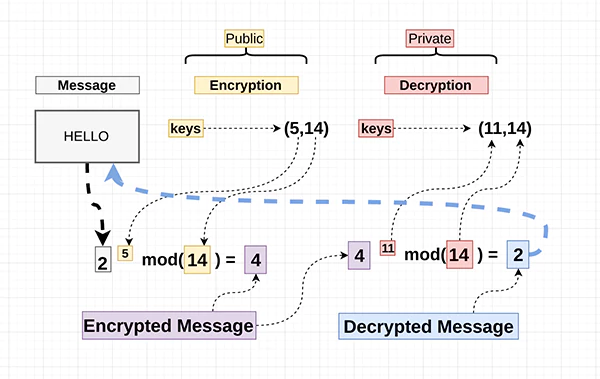
Encryption in cybersecurity refers to sensitive information moving from the sender to the recipient preventing unauthorized people like cybercriminals from accessing it. An encrypted message is secured with a secret key that only the rightful recipient can use to access it.
Encryption and secure online transactions are some of the paramount security measures used by online gambling platforms to protect the sensitive data of the players, which further becomes the major factor of their reputation in the market.
Two-Factor Authentication (2FA) for Enhanced Account Security
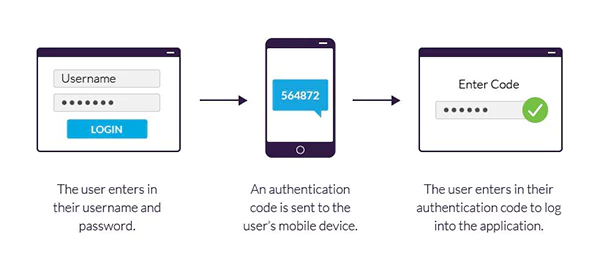
Online gambling platforms are increasingly implementing Two-Factor Authentication (2FA) to negate unauthorized access to player accounts.
This method adds a layer of security that requires users to verify their details using a second method besides the conventional username and password, such as through a unique code sent to their devices. This small step significantly reduces the risk of unauthorized access.
Did You Know?
2021 saw an average of $787,671 lost per hour due to the data breaches.
Continuous Monitoring and Intrusion Detection Systems
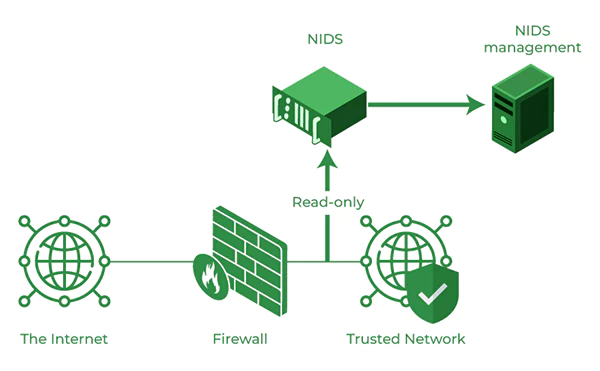
In this dynamic digital environment, online gambling platforms are majorly dealing with distributed denial and service cyberattacks that are designed to overwhelm a website with traffic that makes it inaccessible for the users, that is why investing in a fine intrusion detection system is a striking component in online betting sites.
An intrusion detection system helps in identifying anomalies and suspicious patterns, minimizing the impact of cyberattacks.
Collaborate with Experts and Authorities

To tackle the major threat of getting scammed, collaborating with cybersecurity experts is an effective way to combat the terrifying cyberattacks. By working together with cybersecurity experts and regulated bodies online gambling platforms can enhance their security along with ensuring the legal measures related to cybersecurity.
Collaborating with cybersecurity experts can also help players involved in online betting. For example, if you get your Casino Bonuses from these experts, you can be stress-free because of the site’s authenticity.
Educating Players on Cybersecurity Best Practices
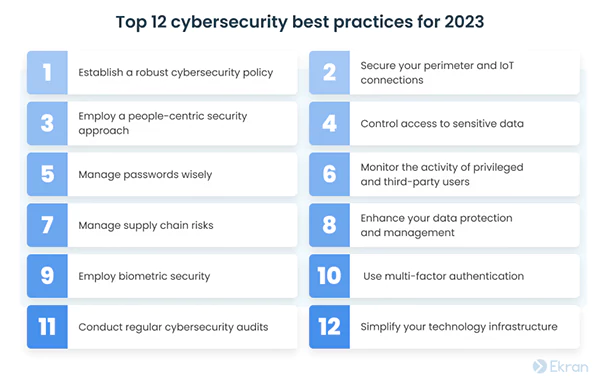
One of the best ways to protect yourself from cyberattacks is to educate yourself about the major scams and how to avoid them. Online gambling platforms also provide indispensable resources and tips to tackle online scams such as creating a strong password and following two-step authentication or using a secured internet connection.
Conclusion
To conclude, as the online gambling industry grows so does the significance of cybersecurity. One can safeguard them from cyber threats through various ways such as robust encryption methods, two-factor authentication, using a secured internet connection, or most importantly investing in a cybersecurity expert, it could seem expensive at first glance but as Richard Clark says:
“If you spend more on coffee than on IT security, you’ll be hacked. What’s more, you deserve to be hacked”
- Richard Clark
(American national security expert)
Why is Cybersecurity important?
cybersecurity is important to protect businesses and individuals from online scams and cybercriminals.
What is online gaming gambling?
Online gaming gambling is any kind of gambling conducted online for money by using electronic devices such as a smartphone or laptop with an internet connection.
How can I protect myself from cybersecurity?
Here are the tips to avoid cyber scams:
- Check if you have already been involved in data breaches.
- Strengthen your password.
- Avoid sharing valuable information (especially on emails)
- Secure your device.
- avoid using simple passwords.
How to gamble online safely?
Online gambling can put your credit card or bank at risk, so it is advisable to use virtual cards or reloadable debit cards that add an extra layer of security and avoid using unsecured public wifi.
What are the 5 main threats to cyber security?
- Ransomware And Malware.
- Phishing And Social Engineering.
- Poor Patch Management.
- Insider Threats.
- Weak Passwords.
- The Growing Significance of Cybersecurity in Online Gambling
- Encryption and Secure Transactions
- Two-Factor Authentication (2FA) for Enhanced Account Security
- Continuous Monitoring and Intrusion Detection Systems
- Collaborate with Experts and Authorities
- Educating Players on Cybersecurity Best Practices
- Conclusion








